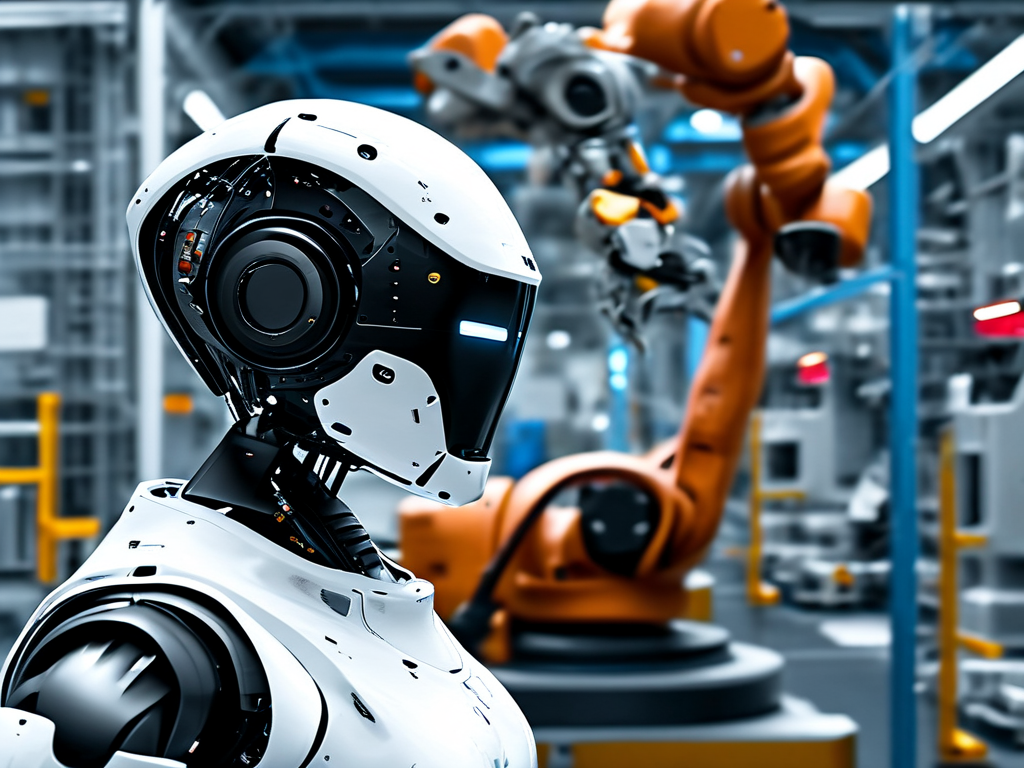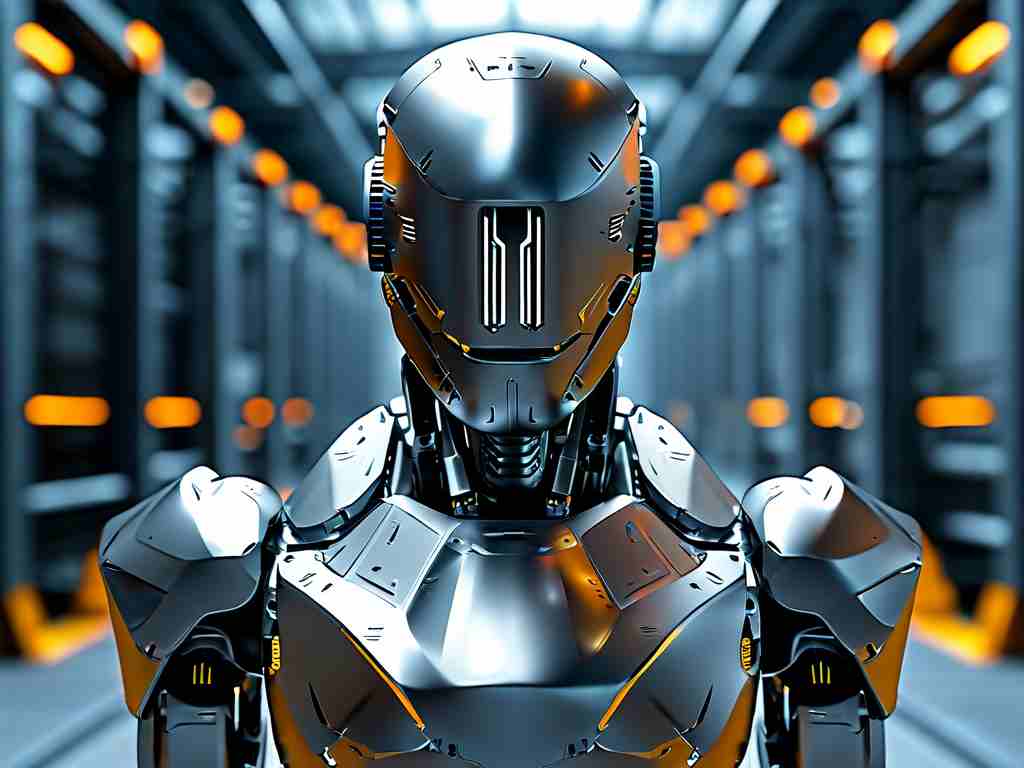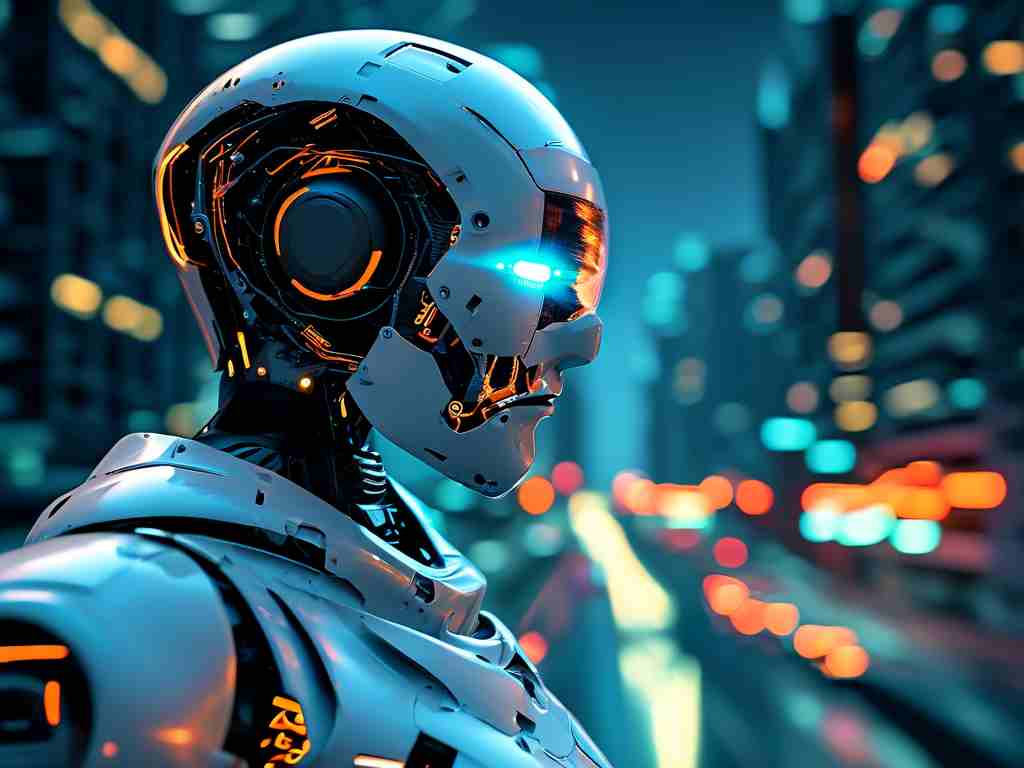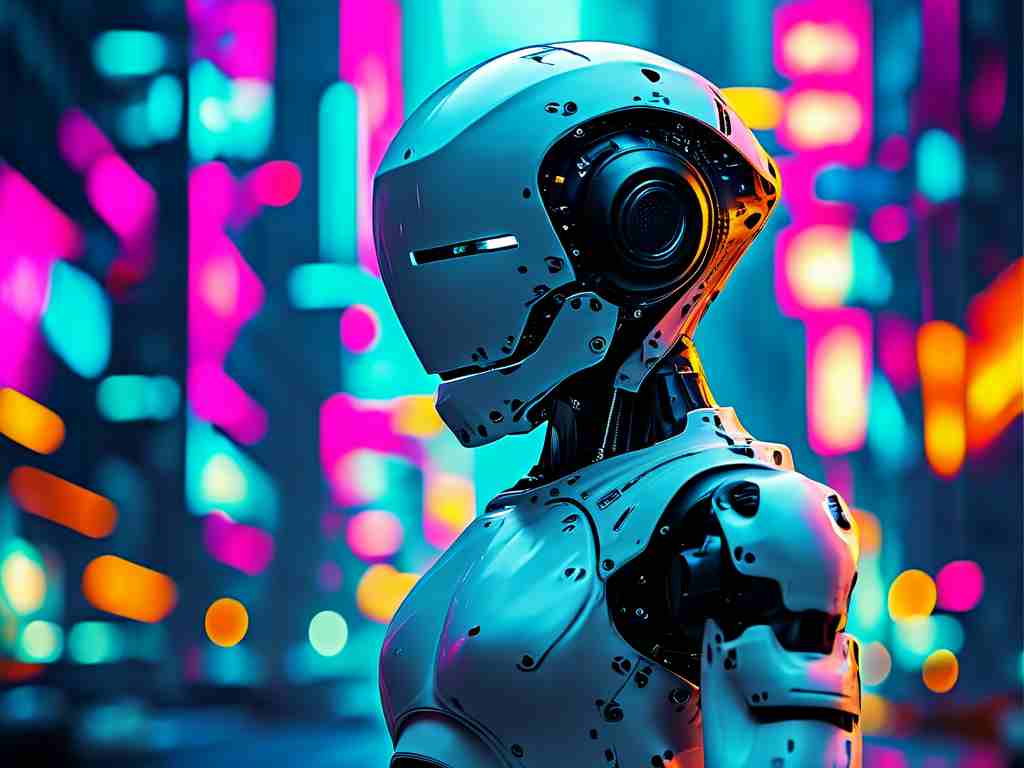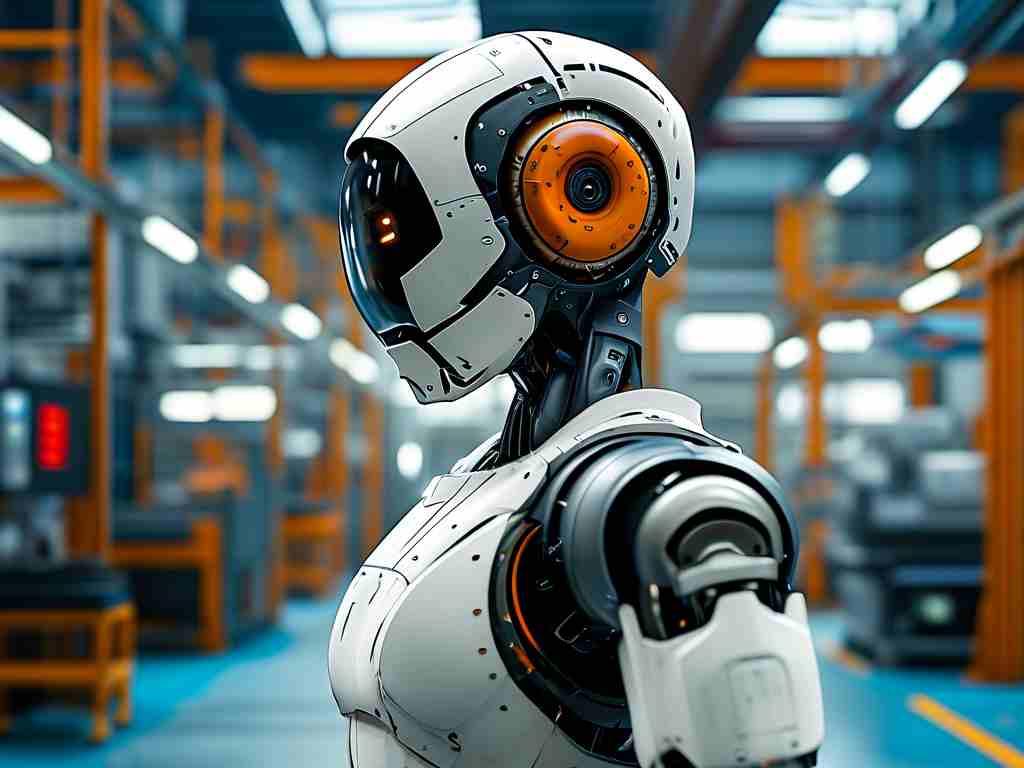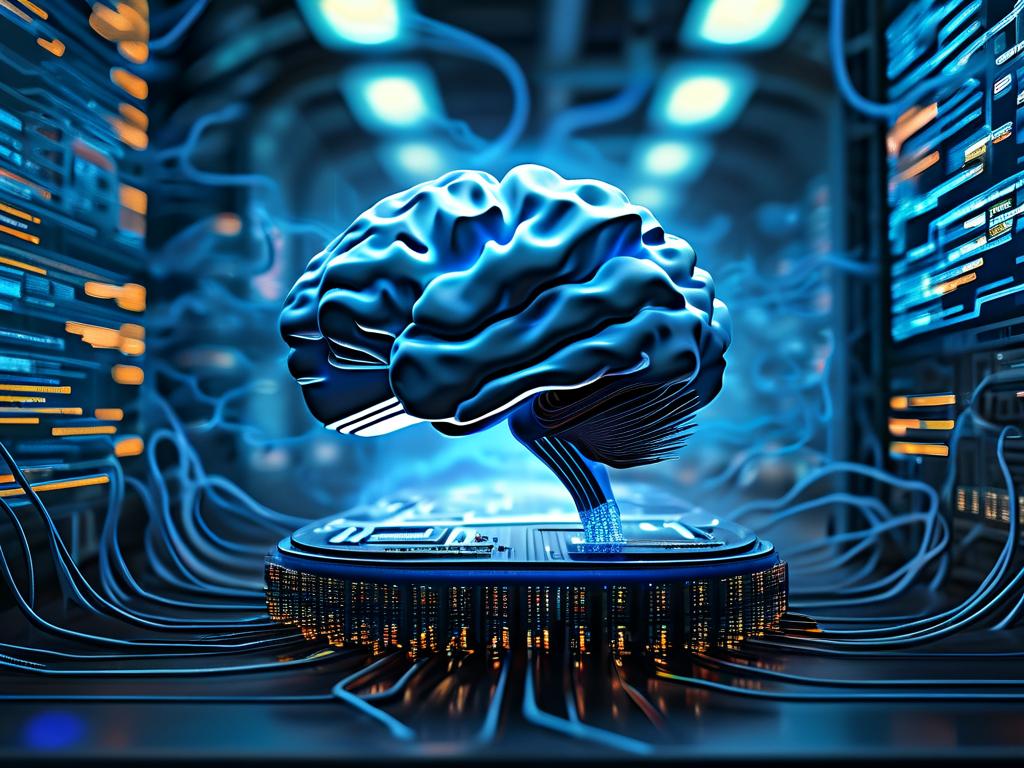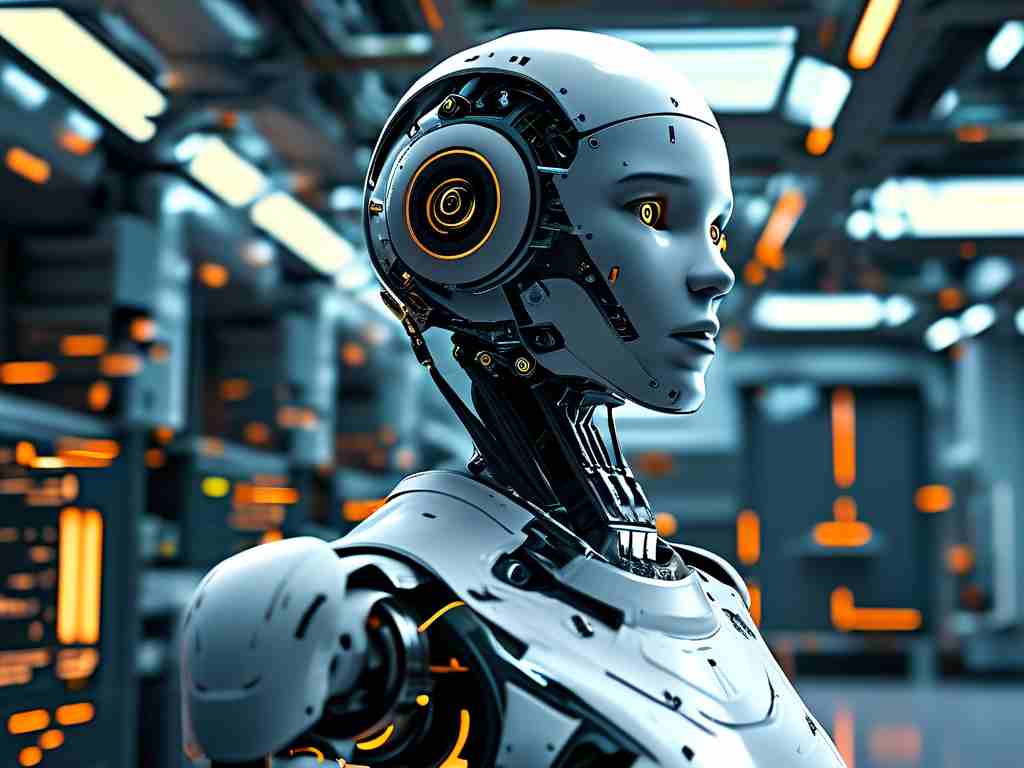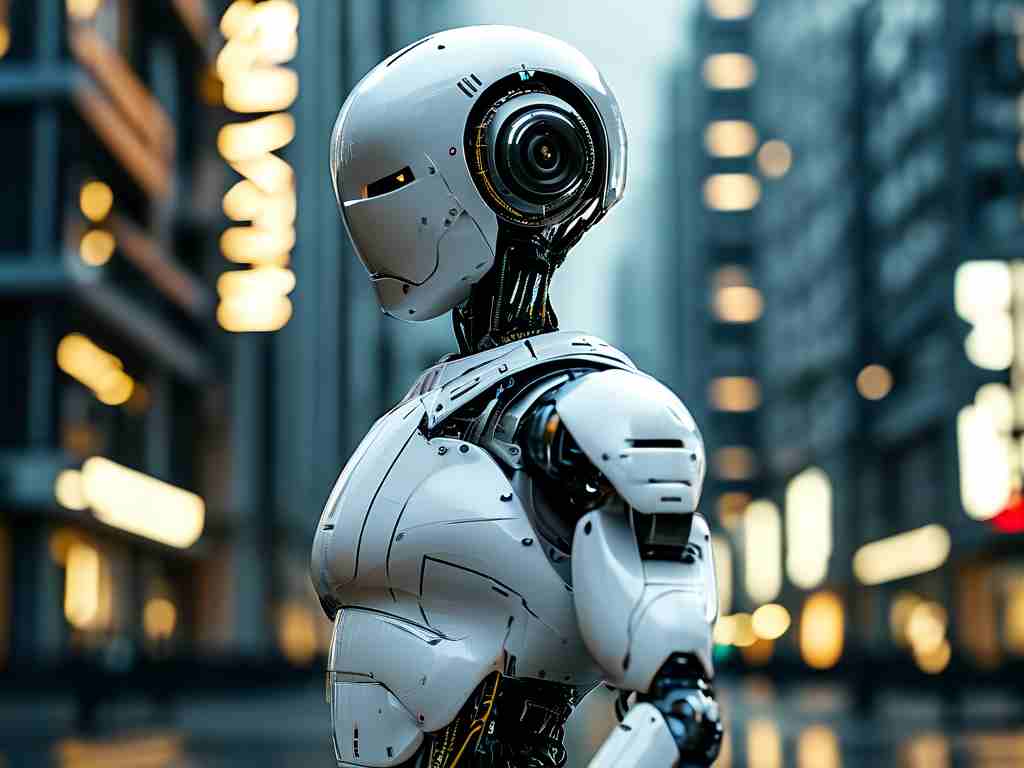The integration of artificial intelligence with robotic systems has reached unprecedented heights, as demonstrated at the recent Global Tech Expo 2024. This year's event highlighted how AI-driven robotics are transforming industries through enhanced adaptability, precision, and decision-making capabilities. Unlike conventional automation, these next-generation machines leverage neural networks and real-time data processing to operate in dynamic environments, opening doors to applications previously deemed impossible.
One standout innovation was the autonomous surgical assistant developed by NeuroBot Systems. Unlike traditional robotic surgery tools that rely on pre-programmed routines, this AI-enhanced device analyzes patient vitals, medical imaging, and historical data to adjust surgical strategies mid-procedure. During a live demonstration, the system successfully navigated unexpected tissue variations in a simulated cardiac operation, showcasing its ability to make microsecond decisions while maintaining sub-millimeter accuracy.
Industrial applications also took center stage, with companies like IronDrive unveiling self-optimizing manufacturing robots. These units employ reinforcement learning to refine their movements based on material feedback. In a metal-forming demo, the robot reduced energy consumption by 23% over four production cycles while improving component tolerance by 18%. Such advancements address two critical industry challenges: sustainability and precision.
The exhibition also revealed progress in human-robot collaboration. Boston Dynamics' updated Atlas model now features natural language processing, enabling technicians to verbally adjust task parameters during maintenance operations. A live coding session demonstrated how engineers could override autonomous workflows using Python scripts, blending manual control with machine intelligence. This hybrid approach proves particularly valuable in R&D environments requiring frequent protocol changes.
Ethical considerations formed a crucial part of the discourse. Panelists emphasized the need for "explainable AI" in robotics, particularly for systems making life-impacting decisions. Dr. Elena Marquez from MIT presented a framework where robots log decision rationales in blockchain-verified ledgers, creating auditable trails for regulatory compliance. Meanwhile, cybersecurity firm Qryptex showcased encryption protocols specifically designed for AI-robot communication channels, addressing vulnerabilities in wireless control systems.

Consumer-oriented robotics displayed remarkable sophistication. Toyota's household assistant robot now interprets contextual cues – for instance, recognizing when a spilled drink requires urgent cleaning versus a planned liquid transfer. This situational awareness stems from multimodal sensor fusion, combining visual, thermal, and auditory data streams. During testing phases, the robot achieved 94% accuracy in distinguishing between 127 domestic scenarios.
Challenges persist, however. Energy efficiency remains a bottleneck for mobile AI robots, with many prototypes still relying on tethered power sources. Startups like EnerMach presented promising solutions, including wireless charging docks that use computer vision to align induction coils autonomously. Their prototype achieved 89% charging efficiency across 15-meter distances in controlled environments.
As the exhibition concluded, three trends emerged clearly: the shift from scripted automation to cognitive robotics, growing emphasis on cross-industry interoperability standards, and accelerated development of self-diagnostic systems. With major tech players and academic institutions collaborating through initiatives like the Open Robotics Alliance, the pace of innovation shows no signs of slowing. These advancements not only redefine productivity benchmarks but also prompt fundamental questions about humanity's evolving partnership with intelligent machines.
The next frontier appears to lie in embodied AI – systems where robotic bodies and artificial minds co-evolve through environmental interaction. Early experiments in this domain, such as MIT's "RoboChild" project, suggest machines might someday develop problem-solving strategies through experiential learning rather than pure data ingestion. As these technologies mature, society must grapple with their implications while harnessing their potential to solve global challenges.
